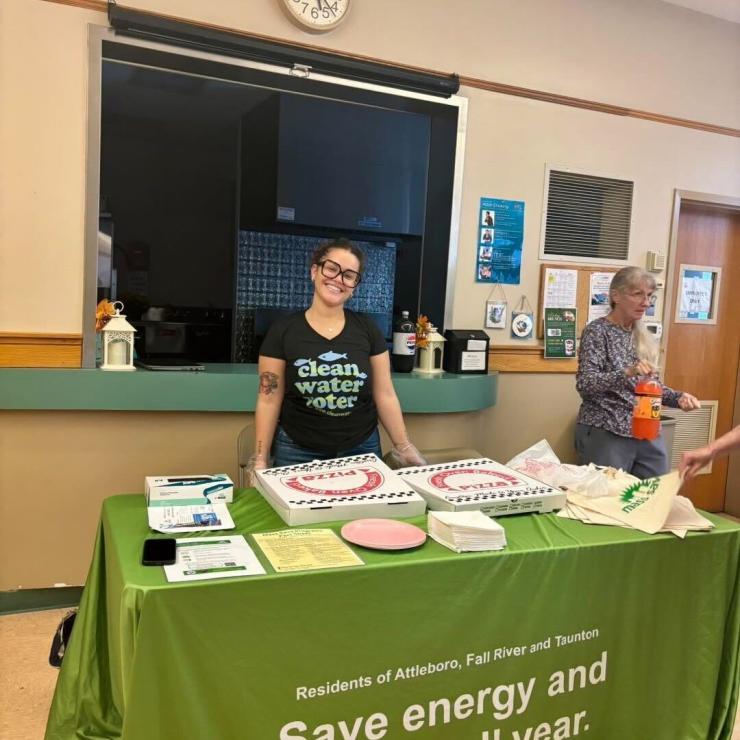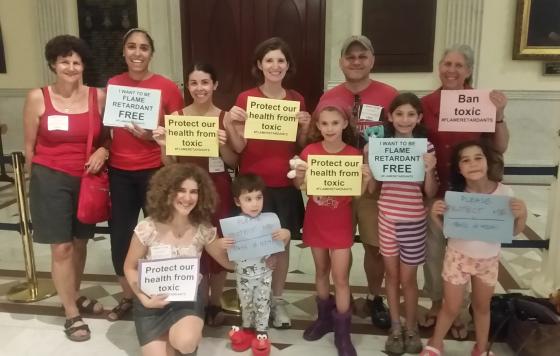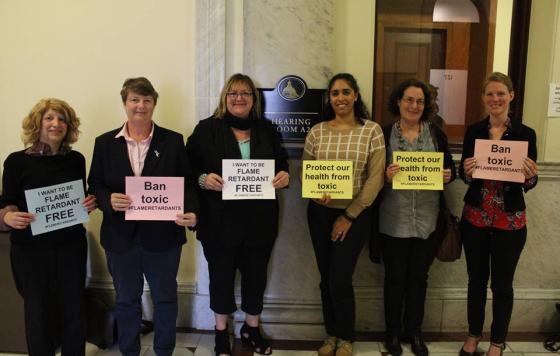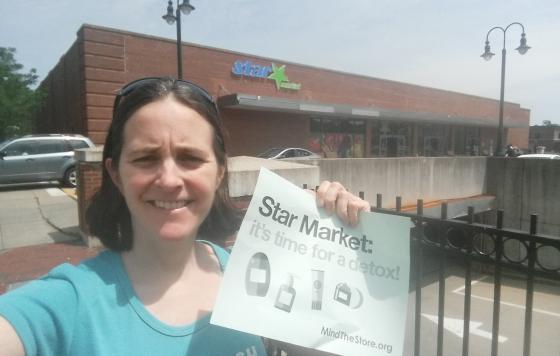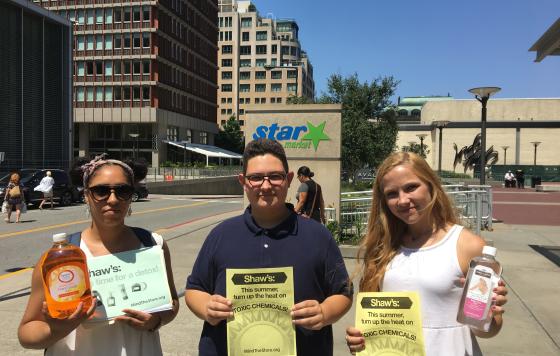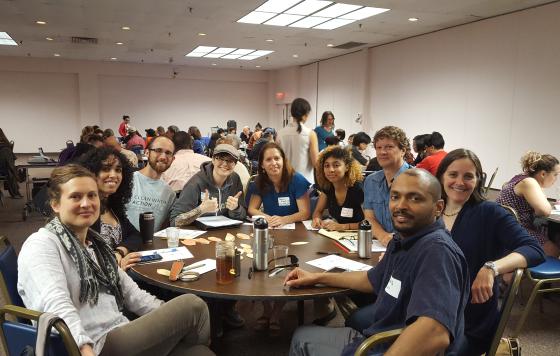A Year of Grassroots Energy Efficiency Organizing in MA
Filter By:
Everyone's doing it, and so should Massachusetts!
What is IT, you ask? It’s bettering our products, homes, and lives by going flame retardant free! These chemicals have been linked to increased rates of cancer and problems with fertility, development and the nervous system and can be found in many common household items such as furniture
Flame Retardant Bills are on fire-pun intended!
As the summer kicked off in June and many went on vacation, the Joint Committee on Public Health was hard at work setting up hearings and listening to testimony. This legislative session has started with a lot of hope for the Children and Firefighters Protection Act; it passed the Senate unanimously
What is an activist?
I recently had the privilege of speaking to the Savvy Women’s Alliance a great group of women focused on non-toxic living. They asked me to focus on an unusual (for me) topic: “What is an activist? How do I become one?” Such good questions! In case you’re wondering too, here’s what I told them:
When
Dear Albertsons: When will you protect our health?
Today, I joined the Clean Water Action Boston team to pay a visit to a Star Market in Boston as a part of a national Mind the Store campaign week of action. While other large chain stores like Walmart and CVS have come to the table to implement policy that would phase out their products that contain
Bright history, but dark clouds threaten Massachusetts solar policies
Solar energy is an incredible resource for Massachusetts, with approximately 15,000 jobs and 1600 megawatts of installations powering the Commonwealth's economy and clean energy future. This puts the Bay State in the top 10 for megawatts of solar installed across the nation—yes, dear Florida, we’re
Setting a 10 year agenda with Clean Water Action
Photo caption: Clean Water Action staff and volunteers—from left, Lisa Bjerke, Kadineyse Ramize Pe ña, Joel Wool, Cee Byrd, Jennie Stephens, Terina Keller, Danny Faber, Elizabeth Saunders, Alex Papali
Usually, I like to spend the second Saturday in June at Boston’s annual Pride festival, but in

